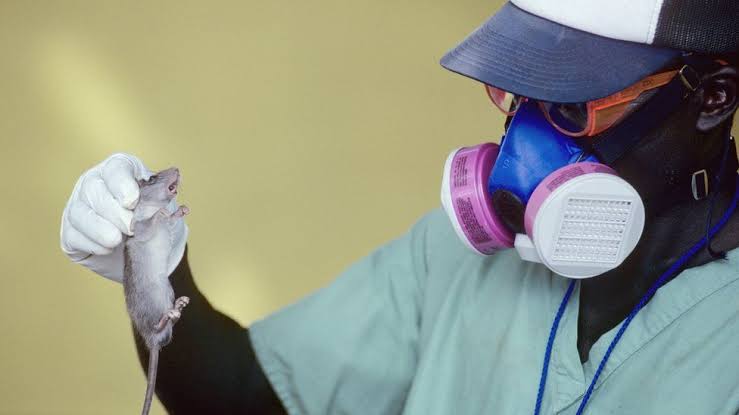The Nigeria Centre for Disease Control and Prevention (NCDC) has confirmed seven new cases of Lassa fever in Nigeria, with cases recorded in Edo, Bauchi, and Kogi states between July 22 and July 28, 2024. Edo State reported the highest number of cases with four, while Bauchi and Kogi recorded two and one case, respectively. Fortunately, no deaths were reported during this period.
What is Lassa Fever?
Lassa fever is a serious viral illness that can be life-threatening. It is commonly transmitted to humans through contact with food or household items that have been contaminated by the urine or feces of infected rodents. The disease can also spread from person to person through direct contact with the bodily fluids of an infected individual.
Symptoms of Lassa fever include fever, headache, sore throat, and general body weakness. In severe cases, it can cause unexplained bleeding from different parts of the body.
Current Situation in 2024
As of now, Lassa fever has resulted in 163 deaths across Nigeria in 2024, with a Case Fatality Rate (CFR) of 17.0 percent. This is slightly better than the 17.3 percent CFR recorded during the same period in 2023.
Ondo, Edo, and Bauchi states have reported the highest number of cases, accounting for 66 percent of all confirmed cases this year. Overall, 28 states in Nigeria have recorded at least one confirmed case of Lassa fever, affecting 125 local government areas.
Challenges in Controlling the Spread
The NCDC has identified several challenges in controlling the spread of Lassa fever. Late presentation of cases often leads to higher fatality rates, as people delay seeking medical attention due to the high cost of treatment or lack of awareness. Additionally, poor environmental sanitation in high-risk areas and inadequate clinical management contribute to the ongoing challenges.
Who is Most Affected?
According to the NCDC, people aged between 31 and 40 are the most affected by Lassa fever. However, no healthcare workers have been infected during this reporting period, which is a positive sign.
What is Being Done?
In response to the rising number of cases, the NCDC is urging the public to take preventive measures seriously. They are asking everyone to report symptoms like fever, headache, or sore throat to local health authorities as soon as possible. The agency is also increasing efforts to trace contacts of confirmed cases and implement control measures to prevent further spread.
The NCDC has reaffirmed its commitment to monitoring the situation closely and working with state health authorities to ensure a coordinated response. The National Lassa Fever Multi-partner, Multi-sectoral Technical Working Group (TWG) will continue to coordinate efforts across the country to combat the disease.







